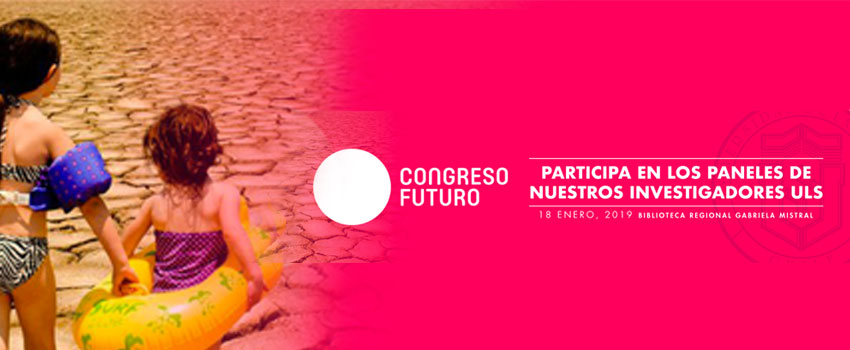
This will be the central theme of the Congress of the Future 2019, the largest scientific dissemination event in Chile, which this year returns to our region on January 18 and where three academics from the University of La Serena will have a leading role.
Within the framework of the Bicentennial of Chile's independence, in 2010 the Chilean Congress proposed to promote a greater connection between our society and the challenges that the XNUMXst century poses, and thus contribute to the democratization of the scope and challenges that this century brings. with him. This is how the Congress of the Future was born - whose organization is chaired by the Commission on Future Challenges, Science, Technology and Innovation of the Senate of the Republic - today the most important scientific dissemination event in the country and one of the most relevant in America. .
This 2019, the event celebrates its eighth version between January 14 and 20, with activities in 10 regional capitals of the country and every day in Santiago. It should be noted that all activities are free, only prior online registration is required, and all talks will be broadcast by streaming.
In the Coquimbo Region, the Congress is organized by the Regional Government of Coquimbo, together with the University of La Serena, the Center for Advanced Studies of Arid Zones (CEAZA) and the Catholic University of the North, in collaboration with the Communal Planning Secretariat. , the Association of Universities for Research in Astronomy AURA and the Regional Productive Development Corporation of Coquimbo. This event will take place at the Gabriela Mistral Regional Library and Casa de las Palmeras de La Serena on Friday, January 18, from 08:30 a.m.
This year the event in the Coquimbo Region will have the presence of 4 international and 7 regional guests, and will be divided into three thematic panels: Astronomy, Quality of Life and Health, Conservation and Sustainability of Natural Resources. After the inauguration of the Congress, the Astronomy panel led by the ULS will begin. This will begin with the presentation of Dr. Danielle Wood, from the Media Lab of the Massachusetts Institute of Technology, who leads a research group called Space Enabled, whose mission is to progress justice and the development of complex systems on our planet through of the use of designs developed thanks to the study of space. The talks below will be given by two astronomers and ULS academics: Dr. José Luis Nilo, with “Take her to the stars for me”, and Dr. Guillermo Damke, with “Astroinformatics: Challenging the Data Deluge”. After the talks, the public will have the opportunity to interact directly with the exhibitors and ask questions and comments.
During the afternoon, the ULS academic, Dr. Pablo Álvarez, Director of the Laboratory for Prospecting, Monitoring and Modeling of Agricultural and Environmental Resources, PROMMRA, will have a leading participation in the Conservation and Sustainability of Natural Resources panel through his talk “ Water resources and quantitative hydrology of the Coquimbo Region.
At a general level, this year the Congress of the Future stands out for an activity that is being carried out for the first time in America, The Nobel Price Dialogue, which will take place on Saturday, January 19 in Santiago and will be broadcast by streaming. This conference, which has already been successfully held in Asia and Europe, will present the 2011, 2012 and 2016 Nobel Prize winners in Physics: Brian Schmidt, Serge Haroche and Michael Kosterlitz, respectively, and the 2011 Nobel Prize winner in Medicine & Physiology, Bruce Beutler. ; along with 15 world thought leaders speaking on “The Future of Learning”.
The Congress of the Future is a mega event of unique character due to the great opportunity it represents to be able to interact directly with scientists of world and national renown and discuss topics of interest to our daily lives in the Coquimbo Region and the rest of the planet.
The ULS community is invited to attend the event en masse or follow it via streaming and support the three academics who represent the University this year. It is also encouraged to have active participation on social networks by tagging the ULS channels (Twitter: @userena, Instagram: u_de_laserena) and actively using the hashtag #CienciaULS. This year the Congress of the Future will have the hashtag @congresofuturo and in the region the hashtag #CFCoquimbo.
The program in the Coquimbo Region is as follows: https://www.congresofuturo.cl/proximos-eventos/cf-regiones-coquimbo-2019
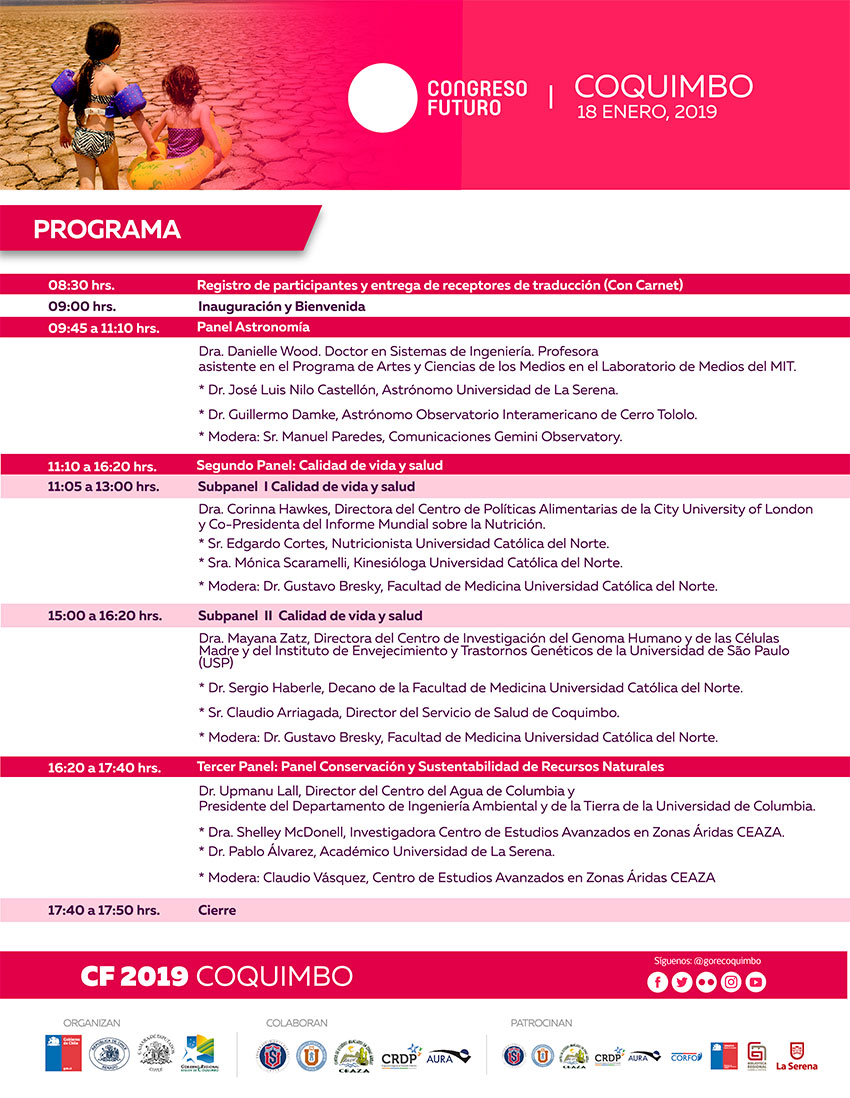

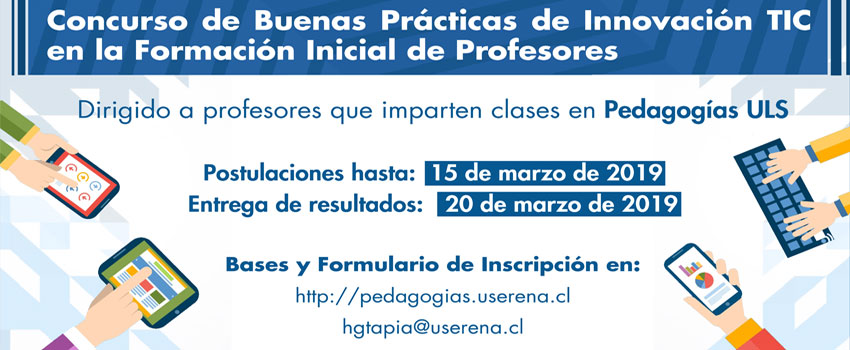
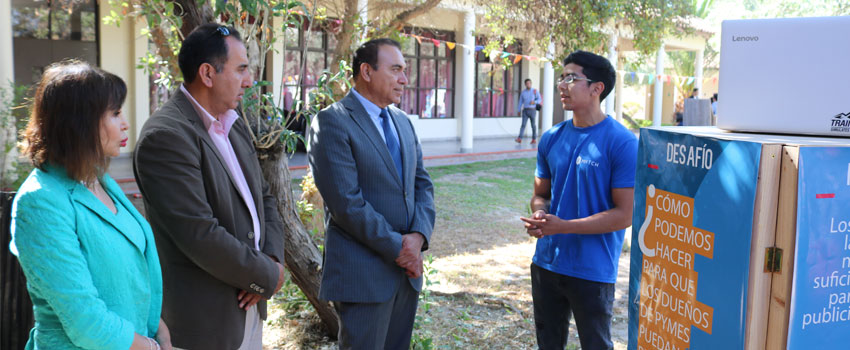
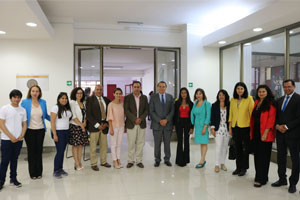 This festival was organized by students of the Commercial Engineering major, who, with the support of the University, managed to carry out this event that seeks to show the community various projects prepared by the young people themselves.
This festival was organized by students of the Commercial Engineering major, who, with the support of the University, managed to carry out this event that seeks to show the community various projects prepared by the young people themselves.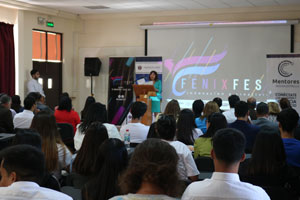 For Leonardo Meyer, co-founder of Innovarock and guest speaker at this activity, the commitment shown by the University and its students stands out above other activities of the same line. “I have participated in different activities like this and from what I have been able to observe, organization and commitment to work are very important in this activity. Students present their projects, which they have developed for a year, when in other places they are projects for a semester. Furthermore, the University has almost the entire campus, giving indications of the work they want to do,” he said.
For Leonardo Meyer, co-founder of Innovarock and guest speaker at this activity, the commitment shown by the University and its students stands out above other activities of the same line. “I have participated in different activities like this and from what I have been able to observe, organization and commitment to work are very important in this activity. Students present their projects, which they have developed for a year, when in other places they are projects for a semester. Furthermore, the University has almost the entire campus, giving indications of the work they want to do,” he said.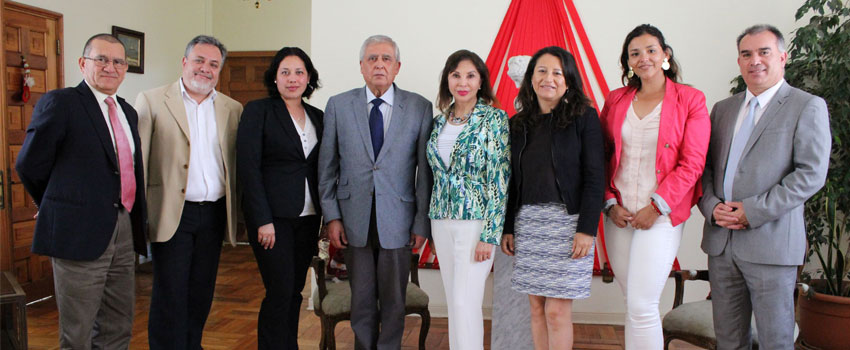
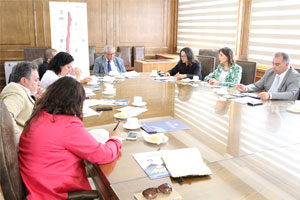 The Dean of the Faculty of Social and Economic Sciences, Dr. Luperfina Rojas, participated on the occasion; the academic coordinator of the PMI, Dr. Sandra Álvarez; the alternate executive director of the PMI, Dr. Fabián Araya; the rector of the Gregorio Cordovez High School, Mario Rojas; the regional coordinator of the “Learning Communities of the Territory of Coquimbo” project, José Miguel Valenzuela; the director of the La Misión school, Tamara Torres; and the counselor of the San Lorenzo school, Helen Alfaro. In addition, the Secretary General, M.Sc. Sergio Zepeda, who acted in the role of Minister of Faith.
The Dean of the Faculty of Social and Economic Sciences, Dr. Luperfina Rojas, participated on the occasion; the academic coordinator of the PMI, Dr. Sandra Álvarez; the alternate executive director of the PMI, Dr. Fabián Araya; the rector of the Gregorio Cordovez High School, Mario Rojas; the regional coordinator of the “Learning Communities of the Territory of Coquimbo” project, José Miguel Valenzuela; the director of the La Misión school, Tamara Torres; and the counselor of the San Lorenzo school, Helen Alfaro. In addition, the Secretary General, M.Sc. Sergio Zepeda, who acted in the role of Minister of Faith.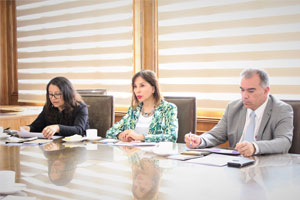 “Our professionals are the ones who later return to the schools to take classes, so for us it is important that feedback and knowing how the improvements that we have made to the study plans are being received, because that will contribute to delivering to the professional greater skills in the face of a globalized world that demands improvement every day. Furthermore, as strategic partners we must work together, just as we will support them with their activities, we hope in the same way that they contribute to us so that the race is the best in the region and the country," emphasized the Dean of the FACSE.
“Our professionals are the ones who later return to the schools to take classes, so for us it is important that feedback and knowing how the improvements that we have made to the study plans are being received, because that will contribute to delivering to the professional greater skills in the face of a globalized world that demands improvement every day. Furthermore, as strategic partners we must work together, just as we will support them with their activities, we hope in the same way that they contribute to us so that the race is the best in the region and the country," emphasized the Dean of the FACSE.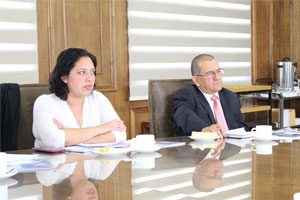 For this reason, and with the purpose of actively providing feedback to the internal management of the institution, at least two meetings will be held per semester, in which representatives of the school system will present opinions regarding the actions to improve in the study plans.
For this reason, and with the purpose of actively providing feedback to the internal management of the institution, at least two meetings will be held per semester, in which representatives of the school system will present opinions regarding the actions to improve in the study plans.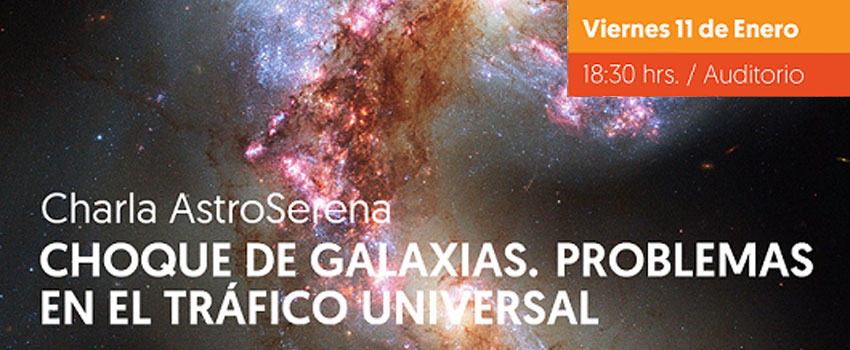
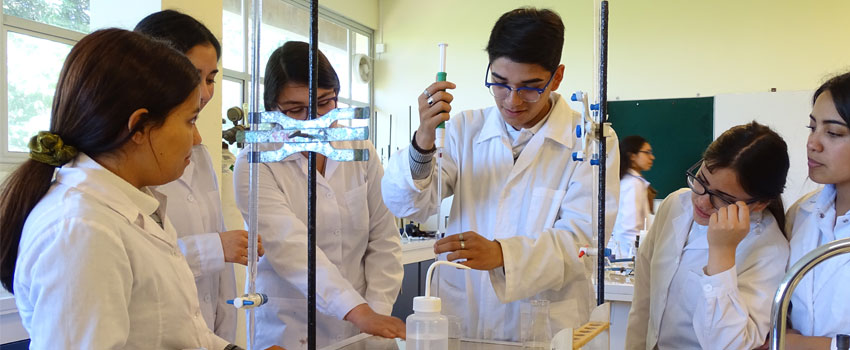
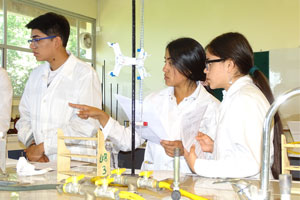 “The students of this subject carry out the practical experience, which is carried out with some chemical reagents from laboratory work and others with chemical products from the home environment, considering all the relevant safety regulations. In the activities they develop both their procedural skills as well as their conceptual and attitudinal skills, since they begin their work as teachers from the initial training,” explained the program coordinator, Dr. Patricia Pizarro.
“The students of this subject carry out the practical experience, which is carried out with some chemical reagents from laboratory work and others with chemical products from the home environment, considering all the relevant safety regulations. In the activities they develop both their procedural skills as well as their conceptual and attitudinal skills, since they begin their work as teachers from the initial training,” explained the program coordinator, Dr. Patricia Pizarro.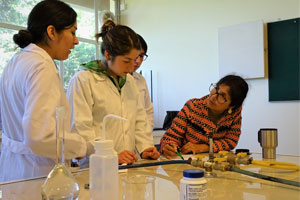 While the student Javiera Íter, who is in the last year of her degree, pointed out that “as a future teacher, these experiences help me in training, as they allow us to expand, lose fear and see my mistakes, which we have had to be resolved on site. Therefore, these instances help us see if we are good with our knowledge and it is the opportunity we have to see what didactic or teaching techniques we can use."
While the student Javiera Íter, who is in the last year of her degree, pointed out that “as a future teacher, these experiences help me in training, as they allow us to expand, lose fear and see my mistakes, which we have had to be resolved on site. Therefore, these instances help us see if we are good with our knowledge and it is the opportunity we have to see what didactic or teaching techniques we can use."